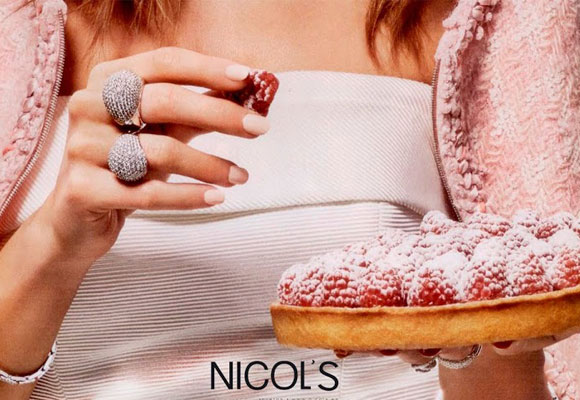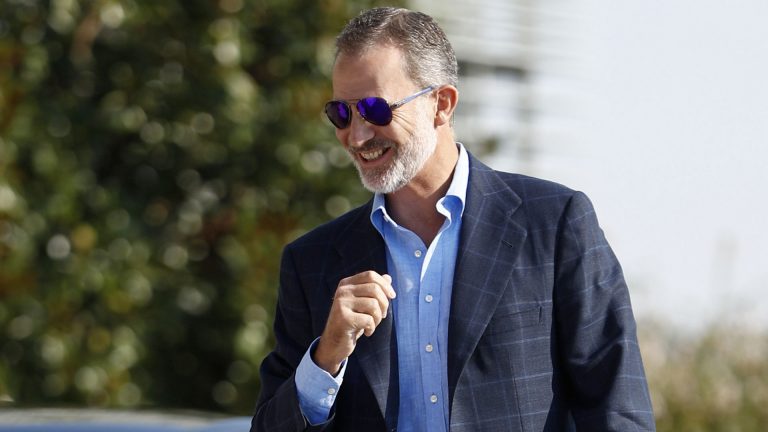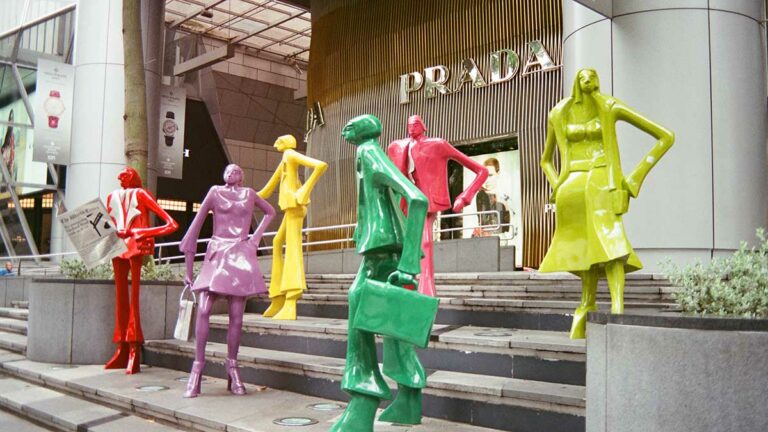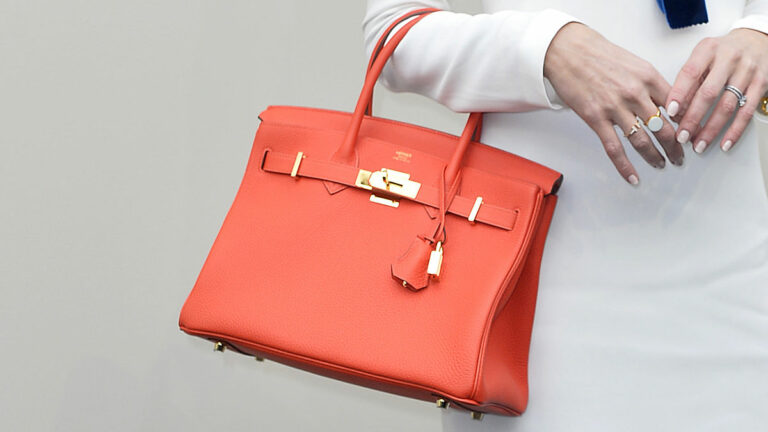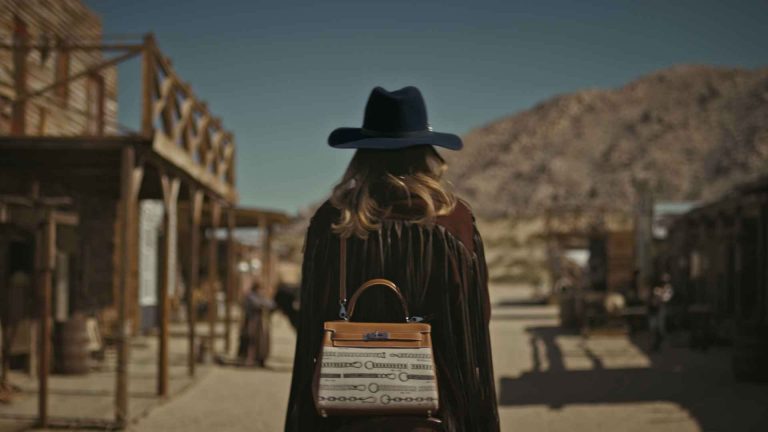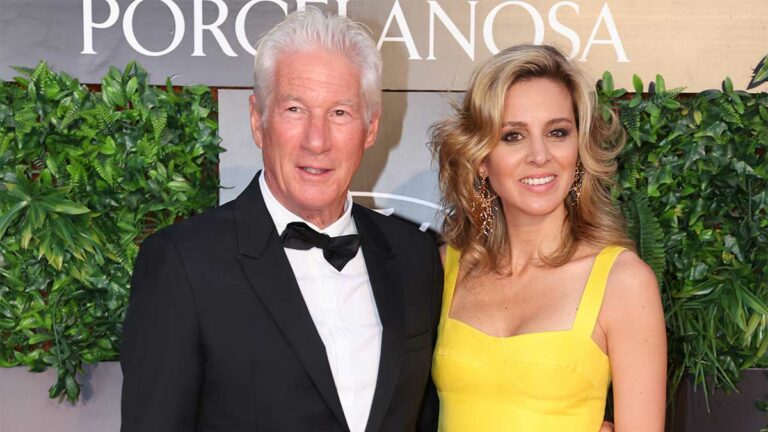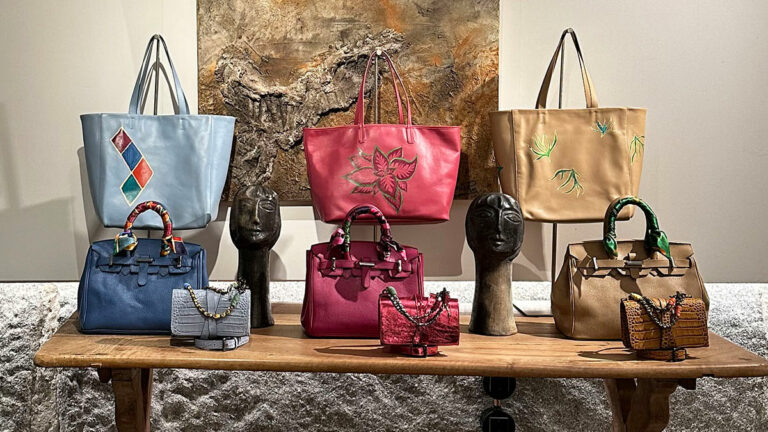50 years of Spain through advertising
The Spanish Association of Advertisers celebrates its 50th anniversary with an entertaining book that explains the recent history of Spanish society reflected in advertising
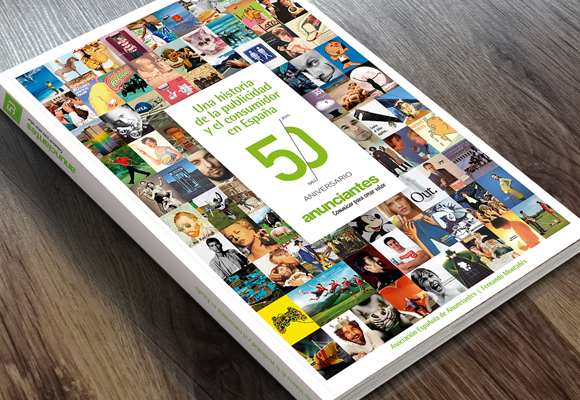
Digital natives are probably unfamiliar with the fact that there was a time when a baby could appear drinking brandy in an advert. Perhaps they are not be able to identify who said that of «if you drink, do not drive» or to sing the Cola-Cao song, a jingle so stickily adhered to the childhood of those born in the 50, 60 and 70.
The book «50 Years of Advertisers, a history of advertising and consumption in Spain» written by university professor Fernando Montañés and published by the Spanish Association of Advertisers (AEA), is not just an exercise in nostalgia, but an interesting, well documented and entertaining account of the last five decades of Spanish society through advertising, a sector which accounts for 1.2% of GDP and that in 2014 generated turnover of 14,618 million euro.
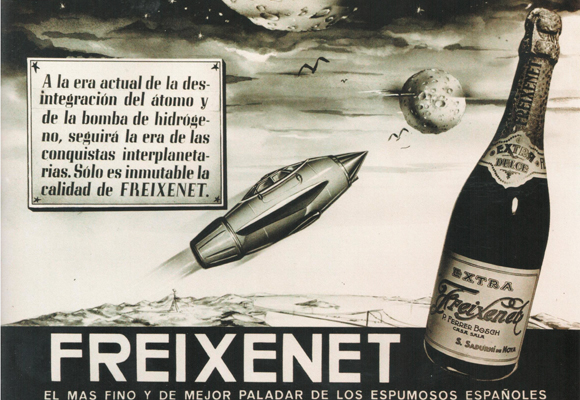
A Spain in black and white.
The book starts describing Spain before 60’s, when the country was almost an autarchic economy in which consumers had access to a very limited range of products, and companies had not to compete as fiercely as now. An example: in 1963, 75% of cars on the Spanish roads had been produced by Seat.
Exaggeration, ingenuity, political incorrectness and machismo of the era stained some ads. The super-washing machine Electrosol announced their whitening power with some African children pictured next to the machine and the claim: «Do you want them white?» Digestinas pills recommended consumer: «Eat, drink and smoke, because they suppress stomach pain». Soberano Brandy claimed to be “something just for men”.
In 1960, when Spain began to open to the world, tourism was increasing and Spaniards massively migrated to Germany in search of a better life, 80% of household spending was still destined for basic needs (54% of it for food).
But multinational companies started to establish in the Peninsula, first supermarkets opened and Spanish companies were forced to learn fast. People started buying white goods as one of the pillars of the emerging consumer society. A playful Carmen Sevilla sang to the lucky few who then had TV (in 1965 only 1% of households had one, 40% at the end of that decade) the virtues of having a «Familia Philips, Familia Philiz» (an untranslatable play on words). And Hoover brand showed a housewife breaking furiously the broom… before grabbing a vacuum.
Winds of freedom… and consumption
The stale air of the difficult years of postwar in Spain was changing. A Vespa advert of 1969 reflects this idea announcing «A parenthesis of freedom», while it shows a young couple resting on a bike on a field full of flowers. «The transition from the 70s is not just political,» said Fernando Montañés during the book presentation. Consumption and competition grows. «Fight against vulgarity», is the cry of a modern girl on bike in a television ad for Licor 43. In 1972, 15 million jeans were sold in Spain.
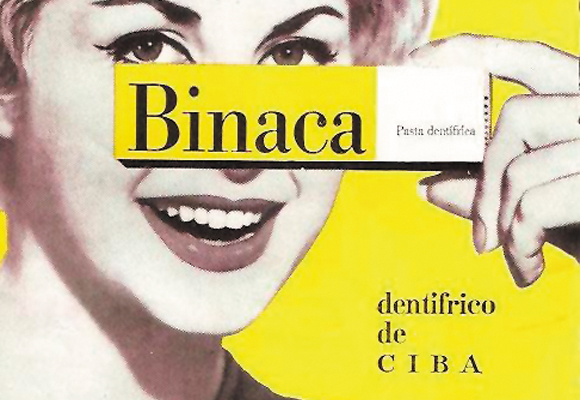
The image of women in advertising is slowly changing and some taboos are broken: ads start talking about tampons and pads. But the road is still full of difficulties: until 1978 women needed the husband’s permission to work or open a bank account.
The 80´s are not only the years of the cultural movement called “La movida”. It is also the prodigious decade of Spanish advertising: advertising investment is multiplied by ten and the creative strength of the sector is recognized at major festivals such as Cannes, where Spain becomes the third country to reap more rewards after the unattainable United States and the UK.
Nescafé invents the salary for life, Danone persuades adults to have yogurt, and dog Pippin (1989), on the probably most awarded Spanish spot, advises with his little and tender eyes to make a rational use of television. The 80’s were years of creative explosion, but also the beginning of previously unknown problems. The campaign «Póntelo, pónselo» to raise awareness about AIDS was an example of how advertising can do much in this regard.
The 90`s represent a definitive turn from rational arguments to emotion in advertising: BMW ask us whether we like driving and a famous spot of Golf GTI is one of the first where the car even don’t appear. Sectors of telecommunications and energy are liberalized, there is a fierce war among banks to get customers, and also between the TV chains to attract audiences and advertising investment. Amena «resurrects» the song «Free» Nino Bravo and Euskaltel gives the pitch with the cry “Patxiiiii!”.
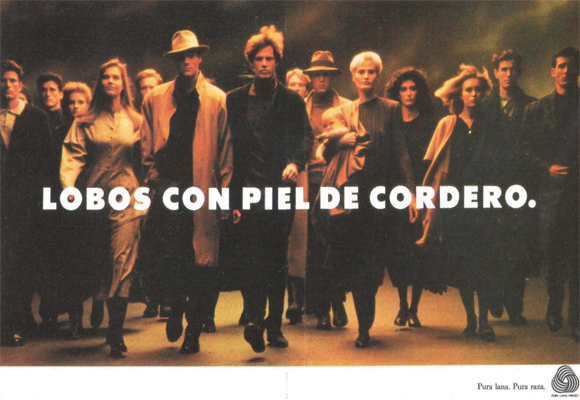
In the XXI century the key is interactivity. «I Love Laura» MTV video became an unstoppable viral and exemplifies this idea well. In these 50 years Spanish society has changed radically, and advertising too. But in the words of Montañés, the challenge of the advertisers is still the same: “communicating with the consumer, telling him things and managing to be heard». And now the consumer has also tools to be heard.
Some key figures
- The book reproduces over a thousand commercials and campaigns. It is possible to access to a microsite through a bidi code to watch a selection of 50 legendary spots.
- The book is available in Amazon and FNAC at a price of 29.90 €.
- Advertising industry, according to the Observatory of Advertising, employs 112,000 professionals in Spain. The crisis led to a 14.5% fall in household spending, and advertising investment collapsed by 35% (up to 47% on conventional means) between 2008 and 2013. But the fact is that in 2014 the advertising sector grew 8.2% over the previous year.
- The Spanish Association of Advertisers (AEA), founded in 1965, brings together 160 members, mostly large companies whose advertising investments represent about 70% of the investment in television and over 50% in the rest of the media.

